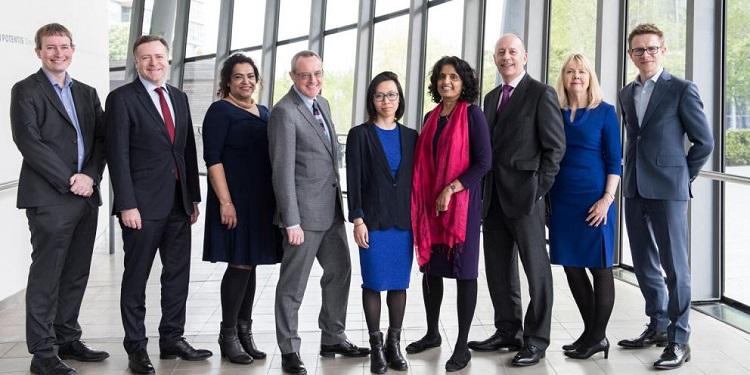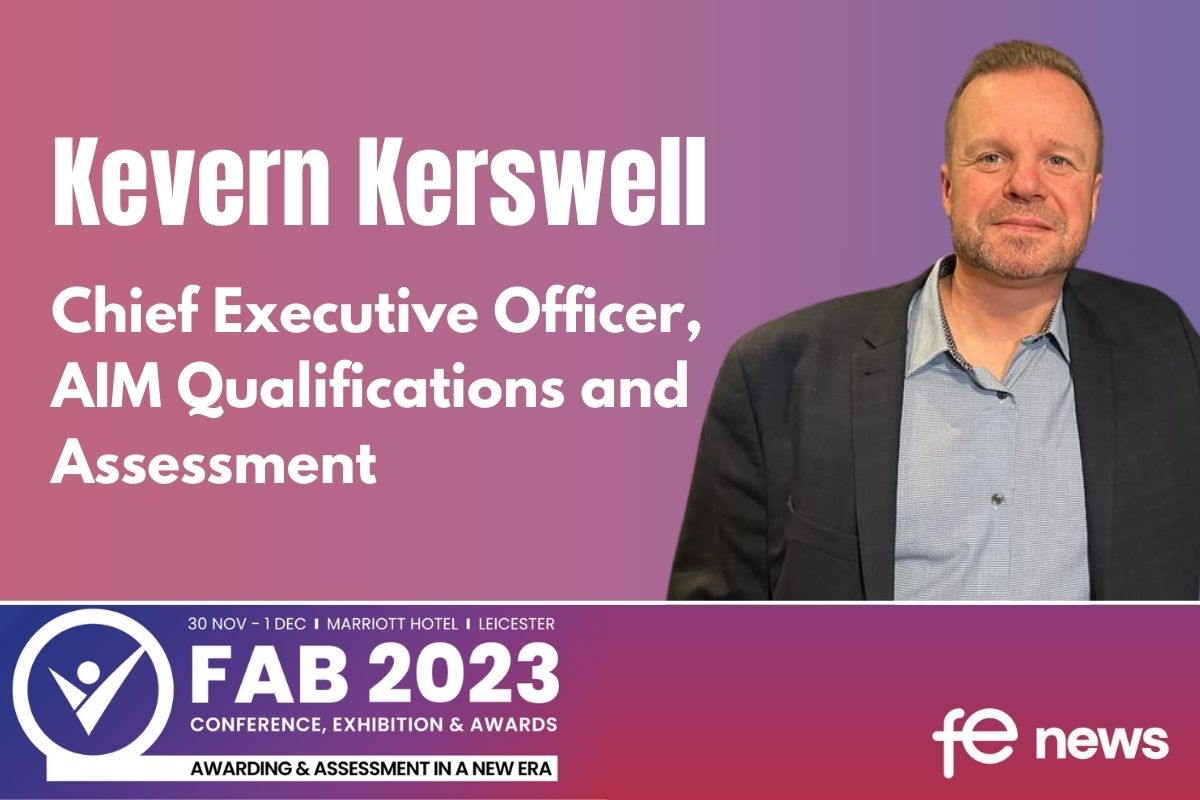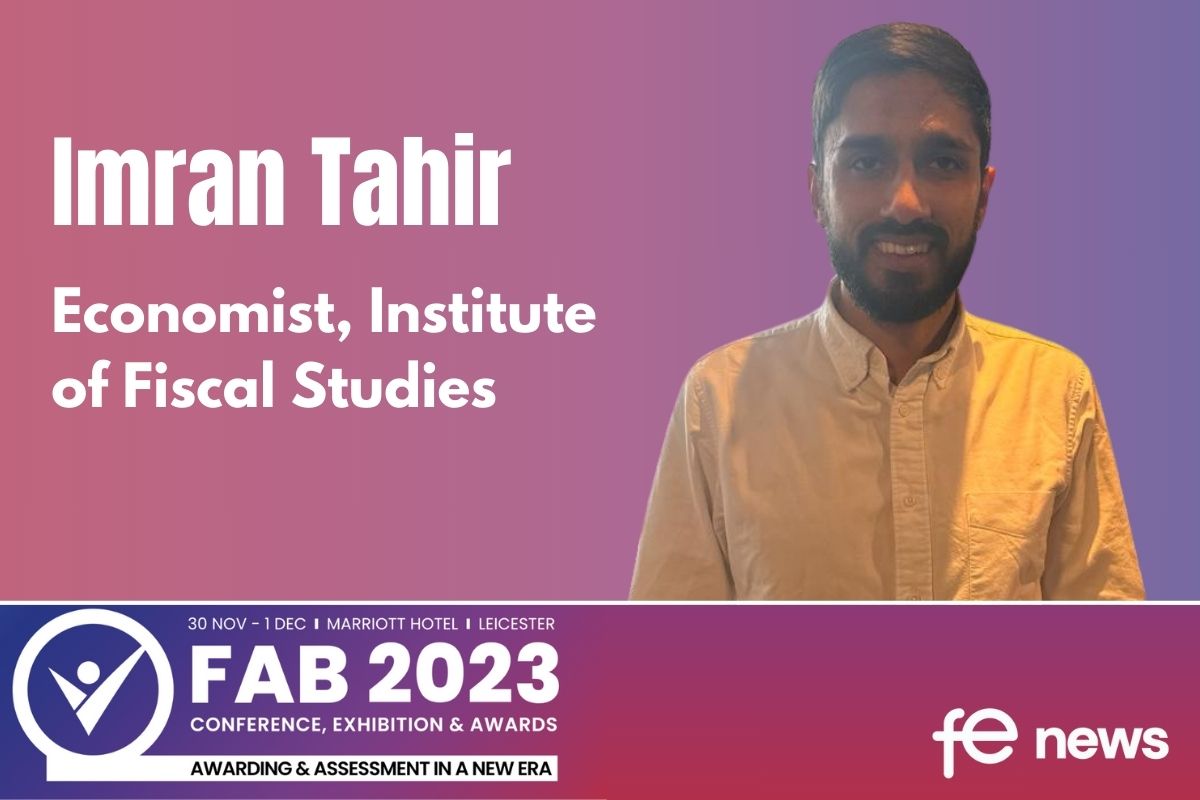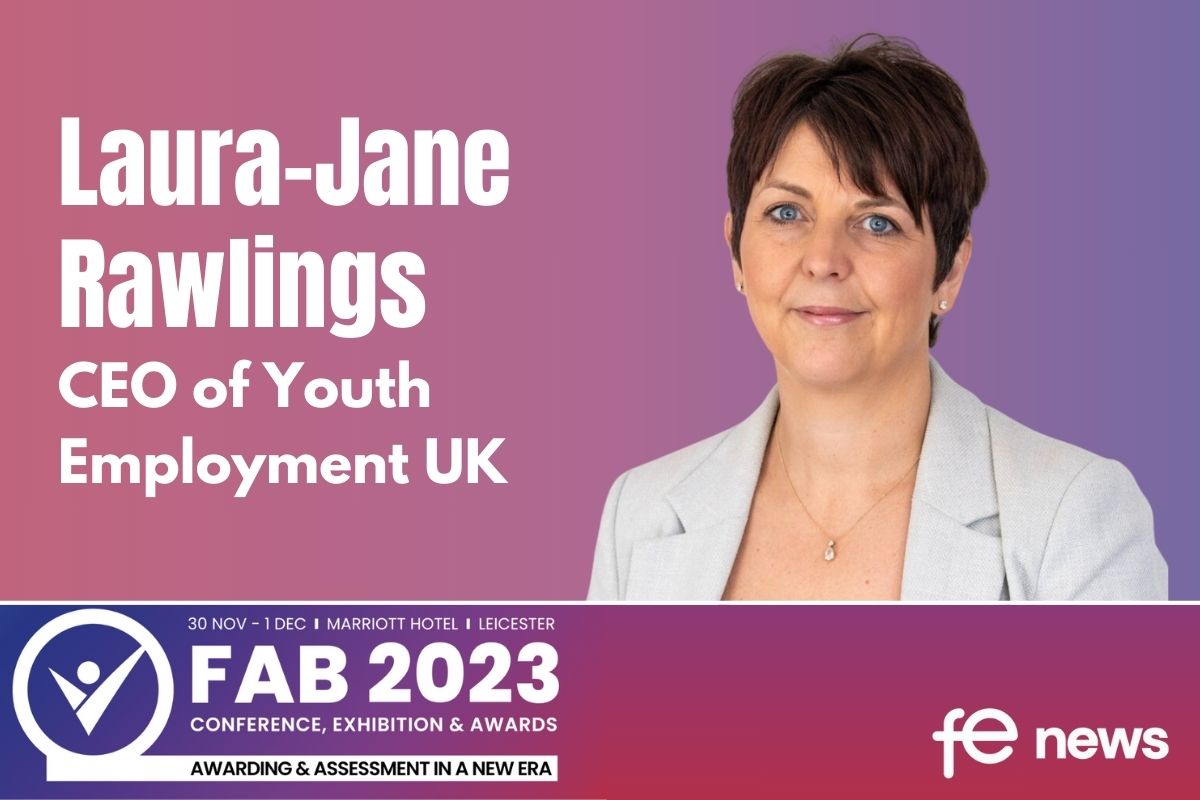Sector Response to @MayorofLondon ‘s Skills for Londoners Strategy

The Mayor’s Skills for Londoners Strategy has been published today (6 Jun).
The document sets out the Mayor’s plans to create a post-16 technical and vocational education and skills system that meets the needs of Londoners and businesses.
 AELP CEO Mark Dawe says:
AELP CEO Mark Dawe says:
‘AELP and AELP London are greatly encouraged by the consultative approach that the Mayor and his team have taken in drawing this new strategy together and the strong analysis of the capital’s skills needs reflects this. Boosting digital skills is one priority where providers are ready to play a full part.
‘The Mayor’s view that a more strategic approach to commissioning the adult skills budget is required and making it more outcome based will generate better results for London’s economy and communities. As we have said to others, AELP believes that it’s far too soon to start using the apprenticeship levy for wider skills training provision but our members in London are ready to work with the GLA to make sure every penny of it is spent either with levy payers or with the thousands of SMEs spread across the boroughs.’
About the strategy
Skills for Londoners is the first post-16 skills and adult education strategy produced by a London Mayor. It sets out the contextual skills challenges London faces, along with the priorities and actions required to make the London skills system the envy of the world and achieve the Mayor’s vision for:
‘A City for all Londoners – making sure Londoners, employers and businesses get the skills they need to succeed in a fair, inclusive society and thriving economy.’
There are three key priorities at the heart of the strategy:
- empower all Londoners to access the education and skills to participate in society and progress in education and work
- meet the needs of London’s economy and employers now and in the future
- deliver a strategic city-wide technical skills and adult education offer
Alongside this strategy the Mayor has produced his Skills for Londoners (SfL) framework. This will set out the desired outcomes and delivery approach for the devolved Adult Education Budget, European Social Fund, Skills for Londoners Capital Fund and other City Hall programmes in more detail. This framework will be published for consultation in June 2018.
Read the full skills strategy evidence base supporting the strategy.
Public consultation
The strategy was shaped following public consultation between November 2017 and January 2018. This included ten consultation events and written submissions from London’s public, private and voluntary stakeholders.
Consultation with Londoners included quantitative, representative polling through YouGov, a Talk London survey and discussion threads as well as focus groups and interviews with target audiences. The resulting reports and data – which include valuable insights for providers – can be viewed on the London Datastore.
There was strong support for the Mayor’s vision, priorities and actions in the draft strategy overall, and there were no major areas of policy opposition. However, several consultees suggested amendments or additions. These are detailed in the consultation report to the Mayor and many have been incorporated into the final strategy.
The Mayor of London, Sadiq Khan, launched Skills for Londoners in April – a new skills agenda for the capital – to ensure that all Londoners have the opportunity to train in the skills that the capital’s economy needs, so all Londoners and businesses can realise their full potential.
The Skills for Londoners Capital Fund will invest £114m in high-quality equipment and facilities at London’s further education colleges and other education and training providers to enhance post-16 training.
Sadiq has also established a Skills for Londoners Taskforce comprising business leaders and employers, skills and education experts and London government representatives. The taskforce will develop a city-wide strategic approach so that Londoners and businesses can access the skills they need for future success.
The Mayor is also proposing to establish a Construction Skills Academy later in the year, in partnership with the housebuilding industry. This will aim to close the gap between the demand for new housing in the capital and the need for more skilled construction workers.
London has a strong, dynamic, global economy, but the region’s employment rate has lagged behind the national average for three decades. More than 280,000 Londoners are unemployed, with particularly high rates of youth unemployment. London also has a growing problem of in-work poverty, associated with low-skilled, low-paid work. Ensuring an effective and responsive skills system is critical to tackling these issues.
Sadiq believes that an effective skills system is also critical to meeting the needs of London’s businesses. Employers repeatedly report skills shortage vacancies and skills gaps in their workforce, impacting on growth and productivity. Given the uncertainty surrounding the terms of Britain’s exit from the European Union, ensuring a more responsive skills system – as well as continued access to global talent – is more important than ever, according to the Mayor, in meeting employers’ needs.
The Skills for Londoners Taskforce, working closely with the London Economic Action Partnership (LEAP), will take an inclusive approach to post-16 education and skills, focusing primarily on further education and training but also looking at progression pathways from school and into higher education (HE).
It will also ensure that communities across London have access to training, and that from a young age both girls and boys are encouraged to explore the skills they need to make progress in the future economy. It will have a strong emphasis on gender equality, targeting opportunities for girls to excel in science, technology, engineering and mathematics skills in particular.
Delivering on a key manifesto commitment, the Mayor officially launched Skills for Londoners today at South Thames College, in Merton, where he joined students who are training to repair motorcycles before seeking employment or setting up their own business.
The Mayor of London, Sadiq Khan, said: “I want all Londoners to have the same opportunities I had growing up. Skills for Londoners is the first step towards making that happen.
“While London is a great place to learn, there is no doubt that not enough Londoners are getting the skills they need to live up to their potential. This also impacts businesses, hampering their growth and forcing them to look further afield for talent.
“Now that we are leaving the European Union, it is more important than ever that we make sure more Londoners gain access to the skills they and our economy truly need.
“The further education and skills sector has a vital role to play in making sure all Londoners can truly be part of London’s prosperity.
“Through Skills for Londoners, we will address these problems head-on, giving Londoners the chance to train in the skills that will boost our economy and creating a pipeline of local talent and expertise for our businesses to tap into.”
The Skills For Londoners Capital Fund comprises £56m secured by LEAP, in the latest Growth Deal from Government, together with £58m of previously secured LEAP funding to invest in the estate and equipment of London’s skills providers over the next four years.
Further Education colleges and approved training providers can now apply for funding for capital projects that are responsive and adaptable to current and future requirements of employers, improve training for those most at risk of falling out of education, employment and training, and create new apprenticeships.
In addition, the fund will look to invest in schemes that create strong partnerships with employers to support the development of provision and the creation of jobs.
London Economic Action Partnership Board member, Dr Celia Caulcott said: “We are delighted to be working alongside the Mayor to invest in learning spaces and equipment to boost skills in the capital. Ensuring more world-class learning environments that reflect the realities of the world of work will help Londoners of all ages and backgrounds to develop the skills they need to access employment and maximise their potential.”
The Skills for Londoners Taskforce will work closely with LEAP on investments through the Skills for Londoners Capital Fund. It will also support the Mayor to develop a city-wide strategic approach to skills, overseeing the development of a London Skills Strategy and specific initiatives to ensure Londoners can make the most of the opportunities in London.
Chaired by the Deputy Mayor for Planning, Regeneration and Skills, Jules Pipe, it will look at a range of issues including all-age careers information, advice and guidance, technical and vocational education, adult learning and links with higher education. In addition, it will look at how London’s businesses can get the maximum benefit from the new Apprenticeship levy paid by businesses to government.
Taskforce member, Ian Ashman, who is also President of the Association of Colleges said: “I believe that the Skills for Londoners Taskforce will have a really positive impact on the capital, helping Londoners to develop the skills to improve their lives and helping our employers get the skilled people they need to succeed. I am therefore delighted to have been invited by the Mayor to join the Taskforce, and look forward to bringing the perspective of 25 years of experience in London’s colleges to its work.”
Taskforce member, Seetha Kumar, who is also CEO of Creative Skillset, said: “London’s creative industries are buoyant. But sector growth means we need more skilled people as well as people with different skills – for example, due to technological change. I’m looking forward to working with the Mayor and Taskforce members to improve skills development opportunities – for Londoners preparing to join the workforce and those already in employment – and build a more inclusive, agile workforce to support economic growth.”
Jasmine Whitbread, chief executive of London First, said: “This is the kind of initiative on skills that London business has been wanting to see for some time, and the need is now even more acute with current uncertainty over immigration. With the clock counting down to Brexit, it’s vital to move quickly to ensure Londoners have every opportunity to get skilled up and ready to fill the quarter million vacancies in London each year. Business will work closely with the Mayor to address our skills shortages and get the UK into the best possible shape ahead of 2019.”
Members of the Skills for Londoners Taskforce are:
Anthony Impey – Anthony is the CEO of Optimity. He has run programmes to help local young people start careers at thriving tech businesses in East London, and chairs the Government’s Apprenticeship Stakeholder Board, FSB Skills Policy Board, and 50,000 Homes Advisory Board at London First.
Asi Panditarathna – Asi is Director of Apprenticeships and Employability at Catch22. He has over 15 years’ experience of managing social regeneration, employability, skills and apprenticeships programmes in local government, the private and social enterprise sector.
Hang Ho – Hang is the Head of Europe, Middle East and Africa for the JP Morgan Chase Foundation, overseeing work across 17 countries to deliver economic inclusion and social mobility outcomes through skills, employment and financial health activities.
Ian Ashman – Ian is the President of the Association of Colleges (AoC). He was previously Chair of AoC’s London Regional Committee and Principal of Hackney Community College, as well as Principal of Lambeth College before that.
Lubna Hussein – Lubna is currently an advisor on the Prevent programme for the Department for Education. She was previously a consultant working with a range of FE, HE and work-based learning providers, and was a vice principal at Newham Sixth Form College.
Marilyn Hawkins – Marilyn is an Associate FE Commissioner and led the London Area Review. She has many years’ experience in the FE sector including as Principal of Barnet and Southgate College for almost ten years, and Executive Director of the Learning and Skills Council for Lincolnshire and Rutland.
Seetha Kumar – Seetha is CEO of Creative Skillset, which works with the UK’s screen-based creative industries to develop professional skills and grow new talent. She was previously Vice President at Pearson Qualifications International and had a long and successful career at the BBC.
Stephen Evans – Stephen is Chief Executive of the Learning and Work Institute, which he joined from Working Links. Prior to that, he was Director of Employment and Skills at the London Development, Chief Economist at the Social Market Foundation and worked at the Treasury.
LEAP is one of 38 LEPs across England. LEPs are voluntary partnerships between local authorities and businesses set up in 2011 by the Department for Business, Innovation and Skills to help determine local economic priorities and lead economic growth and job creation within the local area.












Responses